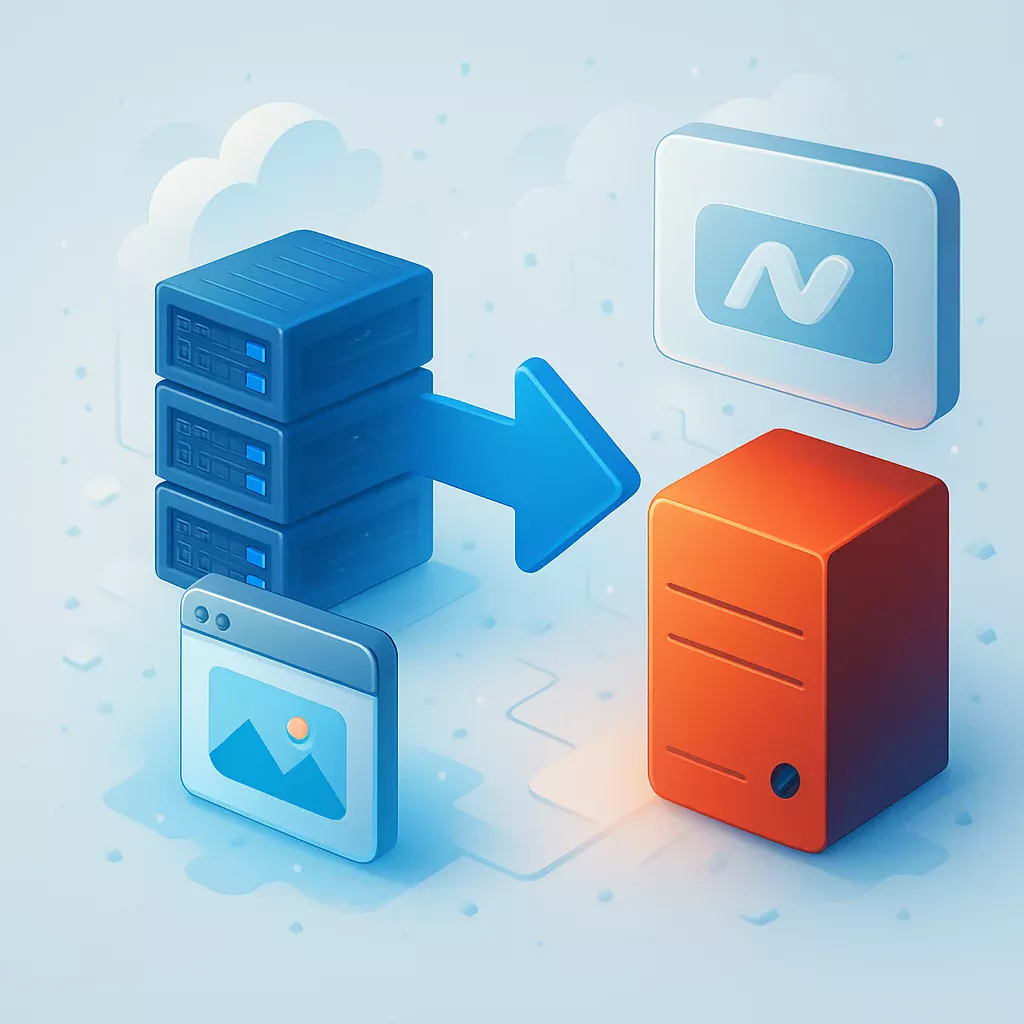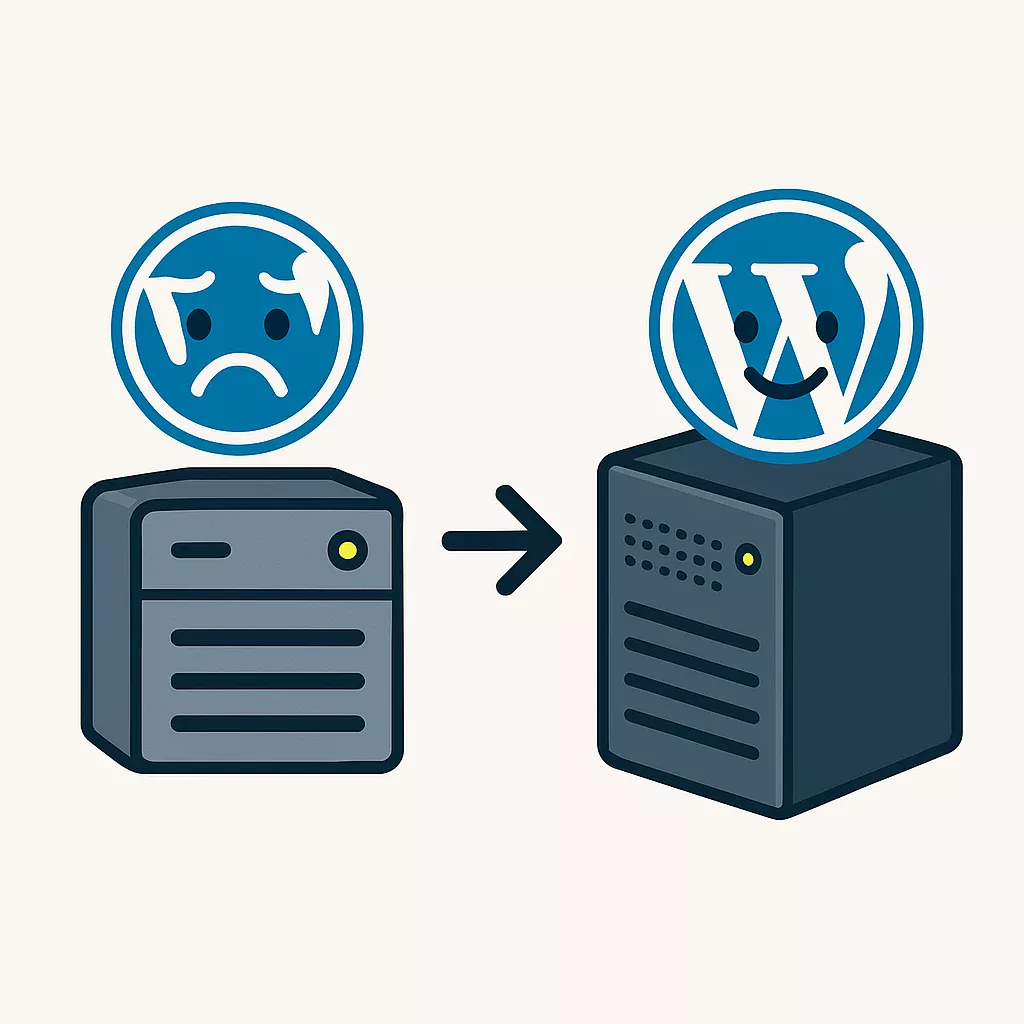
20 Essential FOSS Solutions You Can Self-Host Today
Modern VPS solutions, such as those offered through ENGINYRING's virtual server plans, open up a world of possibilities for self-hosting. Here's an in-depth look at 20 battle-tested FOSS solutions you can deploy today.
File Storage and Sync
Nextcloud 25
The gold standard in self-hosted cloud storage has evolved significantly. Nextcloud requires at least 2GB RAM but runs smoothly with 4GB. Its modular architecture supports everything from basic file storage to full office collaboration.
Minimum requirements:
- 2GB RAM (4GB recommended)
- 2 CPU cores
- 20GB storage
- PHP 8.0+
- MariaDB/PostgreSQL
Key features beyond storage include calendar sync, contacts management, and tasks. The Talk module for video conferencing requires additional resources but transforms Nextcloud into a complete collaboration suite.
Seafile 9.0
A lighter alternative to Nextcloud, Seafile excels at file sync. It's particularly efficient with large files and handles synchronization better than most alternatives.
Resources needed:
- 1GB RAM
- 1 CPU core
- 10GB storage
- MySQL/MariaDB
Email Solutions
Mailu 1.9
A Docker-based email suite that's easier to maintain than traditional email servers. Includes spam filtering, webmail, and anti-virus scanning.
Requirements:
- 2GB RAM minimum
- 2 CPU cores
- 5GB storage
- Docker support
- Valid domain
Mail-in-a-Box
Perfect for small businesses, this turnkey email solution handles everything from mail server setup to spam filtering.
Needs:
- Ubuntu 20.04 LTS
- 1GB RAM minimum
- 1 CPU core
- Clean IP address
Development Tools
GitLab CE 15.8
The complete DevOps platform requires significant resources but delivers enterprise-grade functionality.
Minimum specs:
- 4GB RAM
- 4 CPU cores
- 50GB storage
- PostgreSQL 13+
Gitea 1.18
A lightweight GitHub alternative that's perfect for smaller teams or personal use.
Requirements:
- 512MB RAM
- 1 CPU core
- 1GB storage
- SQLite/MySQL/PostgreSQL
Media Streaming
Jellyfin 10.8
A fully open-source media server that handles movies, TV shows, music, and photos.
Needs:
- 2GB RAM minimum
- 2 CPU cores
- Storage depends on media library
- FFmpeg support
Navidrome
Modern music server supporting large libraries and multiple users. Perfect for personal music collections.
Minimum requirements:
- 512MB RAM
- 1 CPU core
- Storage for music files
- SQLite database
Project Management
Kanboard 1.2.20
Minimalist Kanban board that's incredibly resource-efficient.
Requirements:
- 256MB RAM
- SQLite/MySQL/PostgreSQL
- PHP 7.4+
Wekan
More feature-rich than Kanboard, offering Trello-like functionality.
Needs:
- 1GB RAM
- MongoDB
- Node.js environment
Documentation
BookStack
A wiki system that organizes content into a book-like hierarchy.
Requirements:
- 1GB RAM
- PHP 7.4+
- MySQL 5.7+
WikiJS
Modern wiki platform with extensive features and excellent performance.
Needs:
- 1GB RAM
- Node.js 14+
- PostgreSQL
Monitoring
Grafana 9.3
The leading open-source analytics and monitoring solution.
Requirements:
- 2GB RAM
- 2 CPU cores
- PostgreSQL/MySQL
Netdata
Real-time performance monitoring with minimal overhead.
Needs:
- 1GB RAM minimum
- 1 CPU core
- Available port 19999
Communication
Element (Matrix)
Decentralized chat platform with end-to-end encryption.
Requirements:
- 2GB RAM minimum
- PostgreSQL database
- Valid domain
RocketChat
Feature-rich team chat platform similar to Slack.
Needs:
- 2GB RAM
- MongoDB 4.0+
- Node.js
Analytics
Umami
Privacy-focused web analytics alternative to Google Analytics.
Requirements:
- 512MB RAM
- Node.js 14+
- PostgreSQL/MySQL
Plausible Analytics
Simple and privacy-friendly analytics platform.
Needs:
- 1GB RAM
- Elixir runtime
- PostgreSQL
Security
Vaultwarden
Lightweight Bitwarden password manager server.
Requirements:
- 512MB RAM
- SQLite/MySQL/PostgreSQL
- Docker support
Authelia
Advanced authentication server for web applications.
Needs:
- 1GB RAM
- MySQL/PostgreSQL
- Redis (optional)
Getting Started
Many of these solutions are available as Docker containers, making deployment straightforward on any VPS. Here's a basic deployment strategy:
- Start with core services:
- File storage (Nextcloud/Seafile)
- Basic monitoring (Netdata)
- Documentation (WikiJS)
- Add complexity gradually:
- Email solutions require proper DNS setup
- Media servers need adequate storage
- Development tools might need additional security measures
Resource Management
ENGINYRING's VPS plans can accommodate multiple services simultaneously. A good starting point is a VPS with:
- 4GB RAM
- 2 CPU cores
- 80GB SSD storage
- Unmetered bandwidth
This configuration can comfortably run:
- A Nextcloud instance
- WikiJS for documentation
- Gitea for code hosting
- Basic monitoring with Netdata
Conclusion
Self-hosting FOSS solutions gives you control over your data and services. Start with basic services and expand based on your needs and available resources. Remember to:
- Keep systems updated
- Monitor resource usage
- Maintain regular backups
- Follow security best practices
- Document your configurations
With proper planning and the right VPS resources, you can create a powerful self-hosted environment that rivals commercial cloud services while maintaining complete control over your data and privacy.









